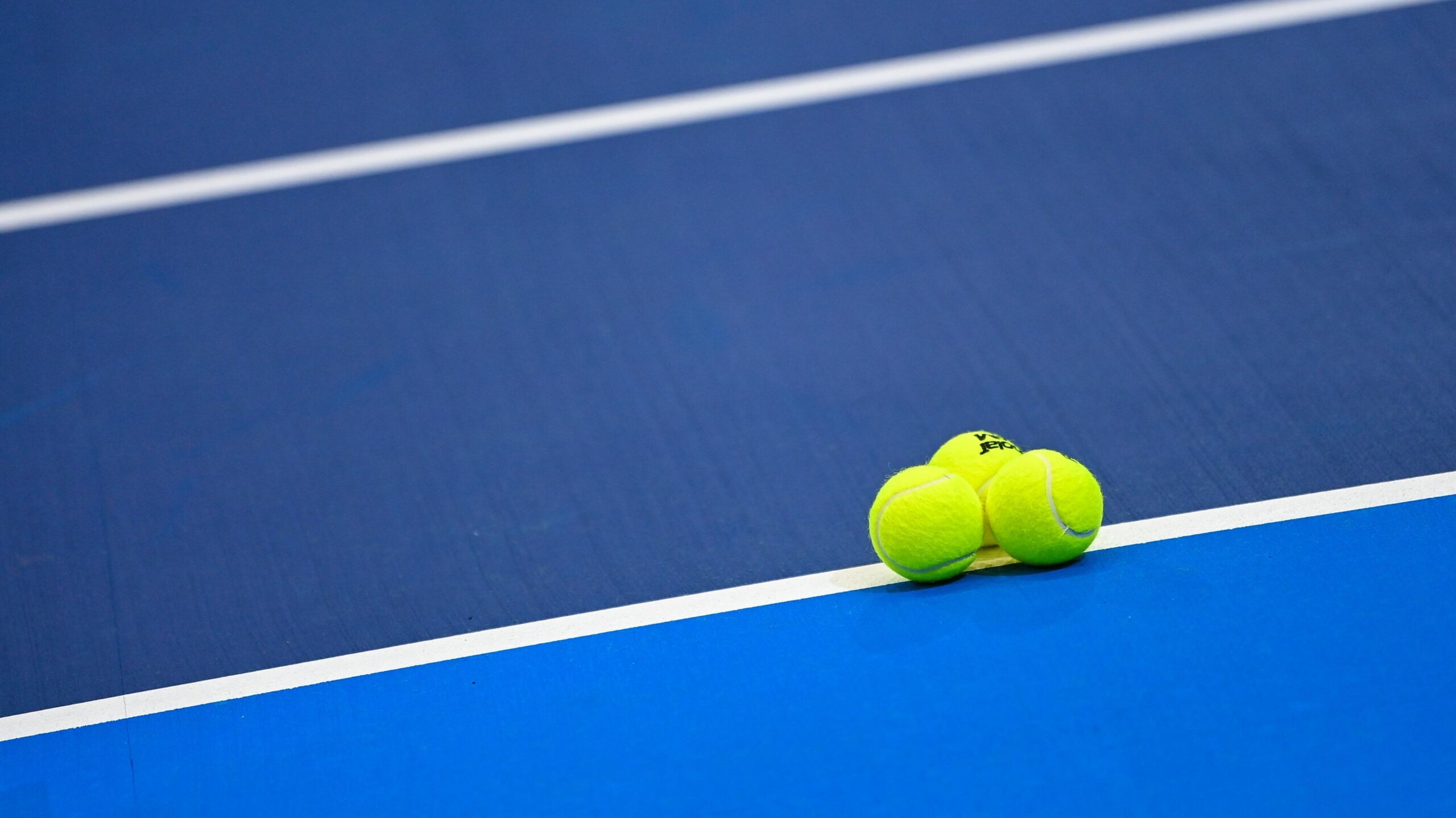Players involved in doping or corruption investigations will be able to receive financial assistance in a new trial launched by the International Tennis Integrity Agency.
Players accused of doping will be able to use the financial support to test products like supplements in a laboratory, or to identify sources of potential meat contamination.
The package also includes a degree of free legal support and confidential third-party counselling.
The relatively speedy outcome to last year’s cases involving Grand Slam champions Jannik Sinner and Iga Swiatek – who served three-month and one-month bans respectively – has been compared to the lengthy legal process faced by Britain’s Tara Moore, who has been banned for four years.
“The question is whether a player can afford to pay a significant amount of money for a law firm that would then more efficiently represent his or her case,” 24-time Grand Slam champion Novak Djokovic said at last year’s US Open.
The Professional Tennis Players’ Association, which was co-founded by Djokovic to increase player power, introduced a scheme in January which offers free support from two prominent law firms.
The number of legal hours provided is limited, and there will be restraints too on what the ITIA will be able to offer.
There is already pro-bono legal support offered to players who test positive by Sport Resolutions – an independent dispute resolution company.
This will now be open to players from the moment they test positive, rather than when they are charged, but long-term support is dependent on finding lawyers who are prepared to work for free.
Up to $5,000 (£3,730) worth of assistance will be available to those who wish to use a Wada-accredited laboratory to prepare a case.
Individuals will also be able to sign up for six sessions at Sporting Chance, the mental health organisation set up to support professional athletes.
“Anyone who finds themselves part of either an anti-doping or anti-corruption investigation deserves the opportunity to defend or explain themselves, and we recognise the process can come at both a financial and emotional cost,” ITIA chief executive Karen Moorhouse said.
“No player picks up a tennis racquet as a child with any motivation other than playing the game.
“Individuals find themselves in these situations for a lot of reasons, and so no matter what those reasons are, and where the case ends up, they also deserve someone to talk to.”
Related topics
- Tennis

- 16 August

Source: BBC

Leave a Reply